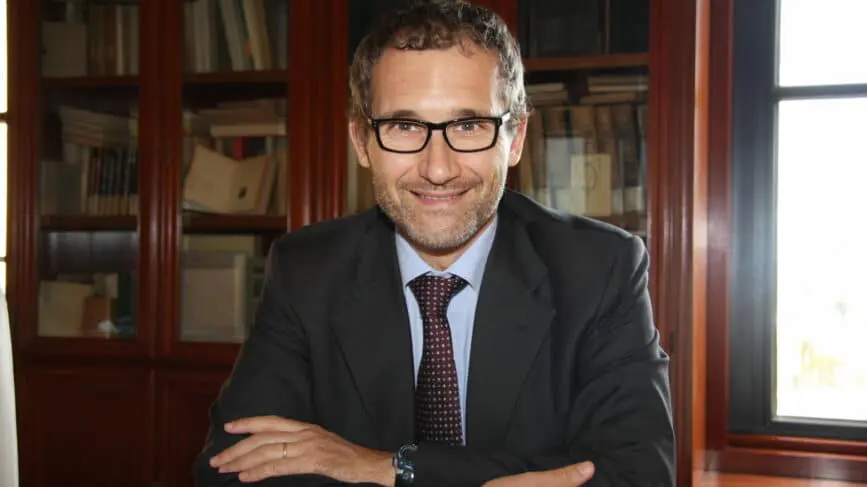Italian society is pluralist in its constitutional pattern and religions, even with their differences, require equal freedom and equal legal recognition. Further requests are also addressed to the civil law systems by the so-called New Religious Movements (NRM).
This event will take place tomorrow jun 21st 10:15h, at Plesso Belmeloro, Via Andreatta, 8 | Aula L, in Bologna, as part of the hundreds of conferences organized by the European Academy of Religion.
Chair: Alfonso Celotto (Università Roma Tre)
Speakers:
- Francesco Sorvillo (Università della Campania “Luigi Vanvitelli”), Religious denominations without agreement: Re-reading Article 8 of the Italian Constitution
- Ludovica Decimo (Università della Campania “Luigi Vanvitelli”), Religious organizations in the Article 20 of the Italian Constitution
- Miriam Abu Salem (Università della Campania “Luigi Vanvitelli”), The agreements between State and religious confessions: Present and future
- Federico Gravino (Università di Firenze), The principle of equal freedom in the new religious geography
The latter break in consolidated socio-cultural contexts as a result of migration flows, but also to satisfy new needs in the religious field, and therefore as a counteraction to traditional patterns of religious affiliation and participation.
In relation to these circumstances, the re-reading of the art. 8 of the Italian Constitution acquires a fundamental importance, since it provides guarantees to all religions, regardless of their structure, consistency, or adherence to “traditional” conceptual paradigms.
The panel is focused, therefore, on a re-reading of the constitutional protocols, as corollary of the aforementioned art. 8 and of the related process of institutionalization of religious groups within the Italian legal system. This point of view allows us to closely investigate the relationship between the State and religious groups of the most different provenance and traditions, but also to explore the limits and criticalities that spread from the system of recognition to the social context, with important highlights on modern plural, multi-religious and multicultural democracies.







